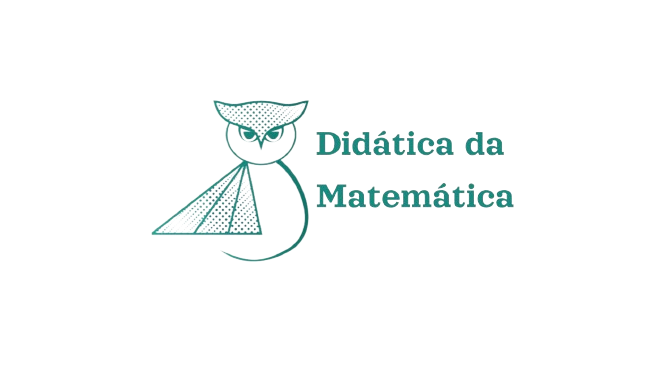Avaliar algo é determinar seu valor. No entanto, esta é apenas metade da história: não existe um valor intrínseco. O valor atribuído depende do projeto em que o “algo” é chamado a fazer parte. No esquema Herbartiano reduzido S (X; Y; Q) ➥ A♥, o valor da resposta A♥ depende do uso que será feito dele. O mesmo é verdade para qualquer praxeologia ou, nesse caso, da relação de uma pessoa com algum objeto: seu valor depende das situações nas quais a pessoa terá que fazer uso dessa praxeologia ou se relacionar com aquele objeto. (Veja também Cognição.)
Texto original
Evaluation. To evaluate something is to determine its value. However, this is only half the story: there is no such thing as an intrinsic value. The value assigned depends on the project in which the “something” is called to play a part. ln the reduced Herbartian schema S (X; Y; Q) ➥ A♥, the value of answer A♥ depends on what use will be made of it. The same is time of any praxeology or, for that matter, of a person’s relation to some object: their value is dependent on the situations in which the person will have to make use of that praxeology or to relate to that object. (See also Cognition.)
Referências
BOSCH, M.; CHEVALLARD, Y. A short (and somewhat subjective) glossary of the ATD. In: BOSCH, M.; CHEVALLARD, Y.; GARCÍA, F. J.; MONAGHAN, J. (Org.). Working whith the Anthropological Theory of the Didatic in Mathematics Eduction: a comprehensive casebook. London and New York. Routledge: Taylor & Francis Group, p. 19-38, 2020.
